
Morganna Freeman, DO, FCAP, from The Angeles Clinic and Research Institute gives advice on how to help a patient who is dealing with the stigma associated with melanoma, or other cancers.

Morganna Freeman, DO, FCAP, from The Angeles Clinic and Research Institute gives advice on how to help a patient who is dealing with the stigma associated with melanoma, or other cancers.

Using mobile apps and other new technologies, clinicians can better monitor and help their patients.
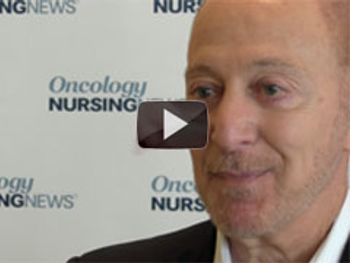
Oncology nurses are an important resource for patients with cancer when dealing with adverse effects that can be disruptive to quality of life.

Patients with newly diagnosed incurable lung and GI cancer saw benefits from early palliative care services.

Researchers analyzed Bing.com search logs to identify those recently diagnosed with pancreatic cancer. Through symptom patterns expressed as searches, they were able to identify 5% to 15% of pancreatic cancer cases.
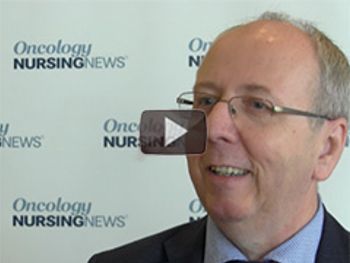
Robert Pirka, MD, Medical University of Vienna, discusses the role that nurses can play in making patients feel more comfortable about enrolling in a lung cancer clinical trial.
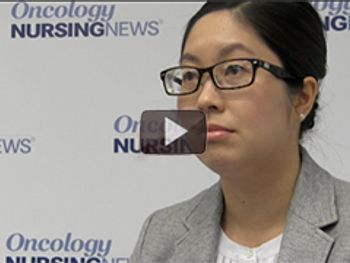
Melisa Wong, MD, Oncology Chief Fellow, Hematology/Oncology, Aging Research T32 Fellow, University of California San Francisco Geriatrics, discusses the impact that comorbidities have on the treatment for lung cancer.
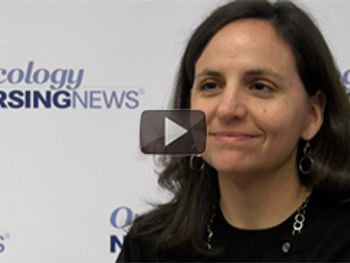
Jennifer Temel, MD, director of the Cancer Outcomes Research Program at Massachusetts General Hospital, discusses the benefits that palliative care can have not only on patients, but on their caregivers as well.

Melisa Wong, MD, Oncology Chief Fellow, Hematology/Oncology at the University of California San Francisco, discusses differences among age groups in the treatment of non–small cell lung cancer (NSCLC).


Researchers in France have found that patients with lung cancer who used a web-based app to report and track their symptoms achieved impressive gains in survival compared with individuals who were followed using standard protocols.

Melisa Wong, MD, discusses an analysis of age and comorbidity on treatment of non-small cell lung cancer recurrence. Wong presented this analysis at the 2016 ASCO Annual Meeting.

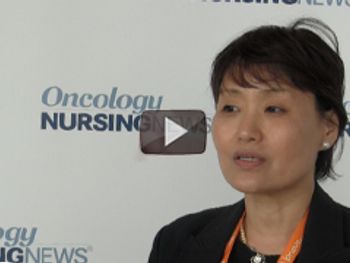
Kyung Chu, RN, NYU Langone Perlmutter Cancer Center, discusses treating patients with different subtypes of KRAS mutation.


The FDA is getting praise from oncology groups for its landmark decision to regulate electronic cigarettes, cigars, hookah tobacco, pipe tobacco, and other electronic nicotine delivery systems (ENDS).
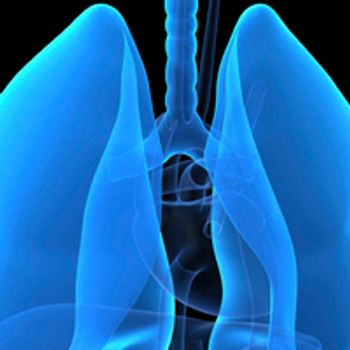
The FDA has approved afatinib (Gilotrif) for the treatment of patients with advanced squamous cell non–small cell lung cancer (NSCLC) following progression on platinum-based chemotherapy.

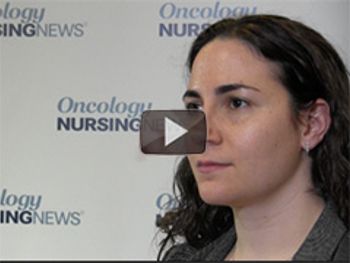
Sarah B. Goldberg, MD, MPH, assistant professor of medicine at Yale Cancer Center, discusses new treatment options for patients with non-small cell lung cancer (NSCLC).
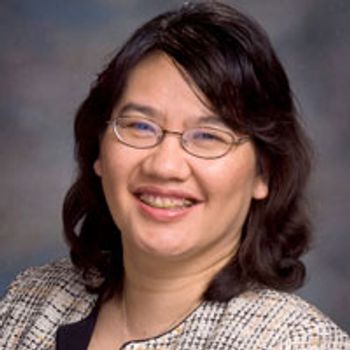
Research has identified a correlation between a diet with a high glycemic index and an increased risk of developing lung cancer in non-Hispanic whites.


Sarah B. Goldberg, MD, MPH, assistant professor of medicine at Yale Cancer Center, discusses the side effects of immunotherapy on patients with non-small cell lung cancer.

A study published by researchers at the Dana Farber-Cancer Institute recently discovered that financial status plays a large role in the level of symptom burden and quality of life for patients newly diagnosed with lung or colorectal cancer.

Amelie Harle, an oncologist at Christie Hospital in Manchester, United Kingdom, discusses the possibility of using aprepitant (Emend) to treat cough in patients with lung cancer.
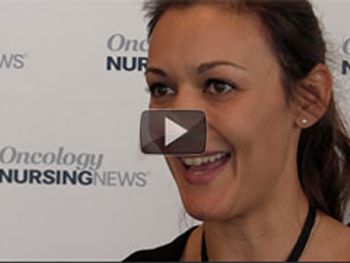
Kathrin Milbury, PhD, assistant professor of Integrative Medicine Research at The University of Texas MD Anderson Cancer Center, discusses the importance of spouse and caregiver self care when tending to someone with lung cancer.